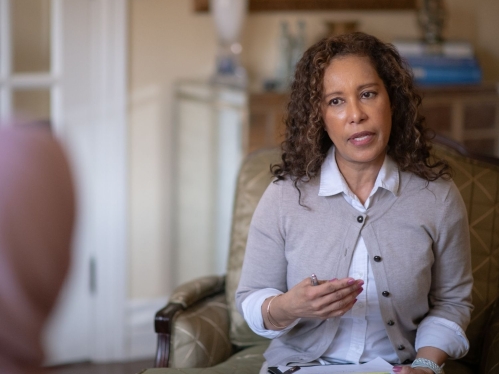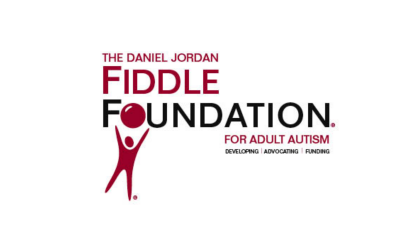
Michael Turner MSW'24 had about a decade of experience working at Volunteers of America Delaware Valley when he decided to pursue a Master of Social Work (MSW) degree at Rutgers University. As Turner progressed in his studies, he was promoted to program director, taking on a more administrative role that involved supervising clinical staff and operations, as well as gathering, analyzing, and reporting data. When the time came to fulfill the MSW’s practicum requirement, Turner identified a unique and valuable opportunity: he could complete his practicum at his own workplace. This arrangement resulted in an immersive, hands-on educational experience for Turner, while also providing significant value and actionable insights for his organization.





